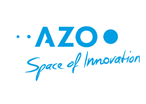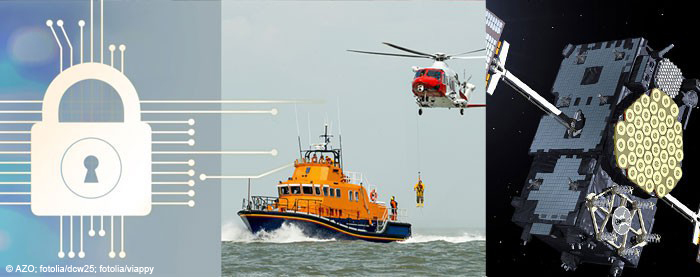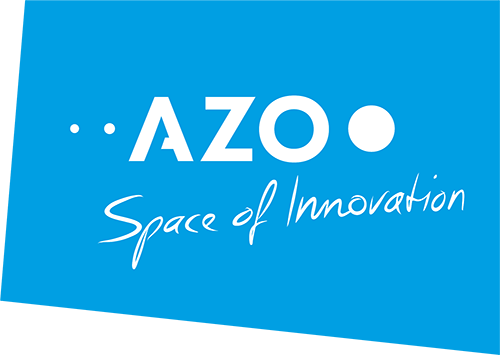Reliability is key in countless fields. Especially, the space sector and its multiple application fields are constantly in demand of reliable services and products. These ensure increased security for positioning, navigation and our digital society – and they must be qualified for the harshest environments on Earth and beyond. Galileo, Europe’s Global Satellite Navigation System (GNSS), together with its exclusive service specifically dedicated to security – Galileo Public Regulated Service (PRS) is the dependable service reaching out to new, ground-breaking applications.
To foster the development of new reliable products and services, two European Satellite Navigation Competition (ESNC) Special Prizes, presented by the German Aerospace Center (DLR) and the German Federal Ministry of Transport and Digital Infrastructure (BMVI), award outstanding prizes to innovative applications based on GNSS.
DLR: ROBUST MEANS TRUST – GALILEO FOR RELIABLE POSITIONING
BMVI: PRS APPLICATIONS – RELIABLE SERVICES FOR A SECURE DIGITAL SOCIETY
Participants of the ESNC now have the chance to actively help implement the new EU space strategy, and shaping the future of Galileo. Former ESNC winners already proved great support to pave the way for Galileo Initial Services. This year’s participants are called to sign up with their path breaking business idea to provide Europe with top-notch Galileo based services.
Direct Support from Leading German Research & Governmental Entities
The winner of the DLR Special Prize receives a voucher for five man-months of DLR services to push the development of their business idea. This prize bundle boost includes state-of-the-art technical support for research activities, access to testing and simulation facilities, DLR’s expert advice, as well as feasibility or concept studies. These services have the ultimate goal to promote the business idea’s realisation.
The BMVI Special Prize awards a voucher worth EUR 5,000 to support the further development of the idea to the winners. In addition, the winners will benefit from the German government promoting their idea. All participants have the great opportunity to demonstrate their expertise to the political decision makers of BMVI.
DLR and BMVI Want Future-Oriented Ideas
Galileo, Europe’s flagship GNSS pogramme, is a driver for various new applications targeting a broad field from mass market to professional, governmental and safety-critical purposes. Along with Galileo applications new challenging requirements have to be fulfilled targeting especially at a robust, resilient and ubiquitous provision of navigation information. This includes positioning in challenging environmental conditions such as e.g. in dense urban scenarios, in areas with potential radio interference or other types of radio propagation. When it comes to safety-critical areas, Galileo PRS, an encrypted navigation service for governmental authorised users and sensitive applications that require high continuity, is an important asset for safety-critical areas.
The aim of the ESNC’s DLR Special Prize is to make maximum benefit available for the user community. This is achieved by triggering new applications and solutions to meet current and future needs in terms of reliability and security. Therefore, DLR is searching for solutions in two focus topics: Resilient GNSS, and Early Services and Applications. It is important for idea submissions to provide technical and application oriented solutions, preferably fusing GNSS data with other information. Additionally, the use of GNSS in a stand-alone or Multi Constellation context is suggested.
BMVI’s Special Prize of the ESNC specifically calls new applications with good balance between security, user needs, and innovation potential. Above all, the relevance to Galileo PRS combined with practical feasibility are the two most important characteristics for idea submissions. Moreover, the commercial benefits and degree of innovation in terms of added value are important criteria. Apprehend the possibilities robust space services provide to improve safety, security, and emergency-related issues.
Galileo and its Applications Shaping Europe’s Future
The EU-funded Galileo programme is the first civil GNSS worldwide to be confirmed. The main objective is to setup the space and ground infrastructure to reach Full Operational Capability in 2020. Its initial capability will allow for the determination of the users’ position in time and space with high accuracy and reliability. The uniqueness of this system is the combination of both space and ground services and the exploitation of the respective data sources as synergies.
The Galileo Initial Services will allow for extended use of Galileo for any type of business that recognises the huge potential of the space borne intelligence. The Galileo setup comprises manifold services including: Open Service (OS), Public Regulated Service (PRS), and Commercial Service (CS). In addition, the Initial Services contribute to the Search and Rescue Service (SAR) of the COSPAS-SARSAT system and provide support to integrity monitoring services by means of Galileo OS signals.
This dynamic development displays the driving force with which the first GNSS for civil use is boosting Europe’s inventiveness. The ESNC, the largest global GNSS-related innovation network, features the DLR and BMVI Special Prizes to seek pioneering ideas for robust applications based on Galileo Initial Services. The according application fields of these services are enormous and are to be exploited, in order to provide society with innovation first-hand.
Register now to witness this year’s most brilliant ESNC business cases at www.eusw2017.eu/ and don’t miss out on Europe’s biggest space event.
We look forward to seeing you in Tallinn!
About the European Space Week
The European Space Week brings together the most important space stakeholders, companies, partners and visionaries in Europe pushing the topic of space in Europe and beyond. It is organised by the European Commission (EC) under the auspices of the Estonian Presidency of the Council of the EU and co-organised by the European Space Agency (ESA), AZO Anwendungszentrum GmbH Oberpfaffenhofen and Garage48.
About the European Satellite Navigation Competition (ESNC)
The ESNC’s annual search for new services, products, and business innovations is designed to encourage the use of satellite navigation in everyday life. Over the past 14 years, it has evolved into the leading innovation competition comprising most relevant European GNSS stakeholders, partner regions worldwide and the largest space-related incubation network. The ESNC’s newest feature is Europe’s largest E-GNSS Accelerator, initiated by the European Commission, providing more prizes, services and three further business incubations to lead companies into market entry. www.esnc.eu.




